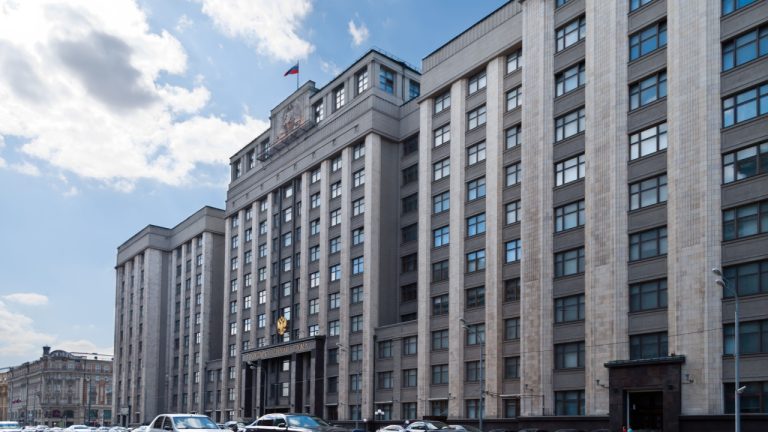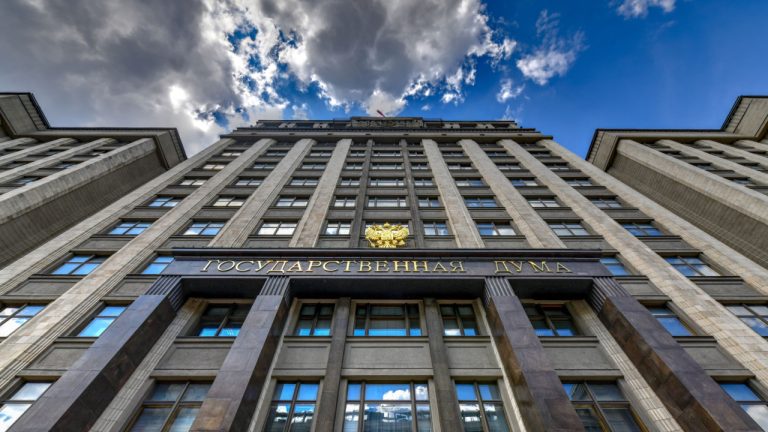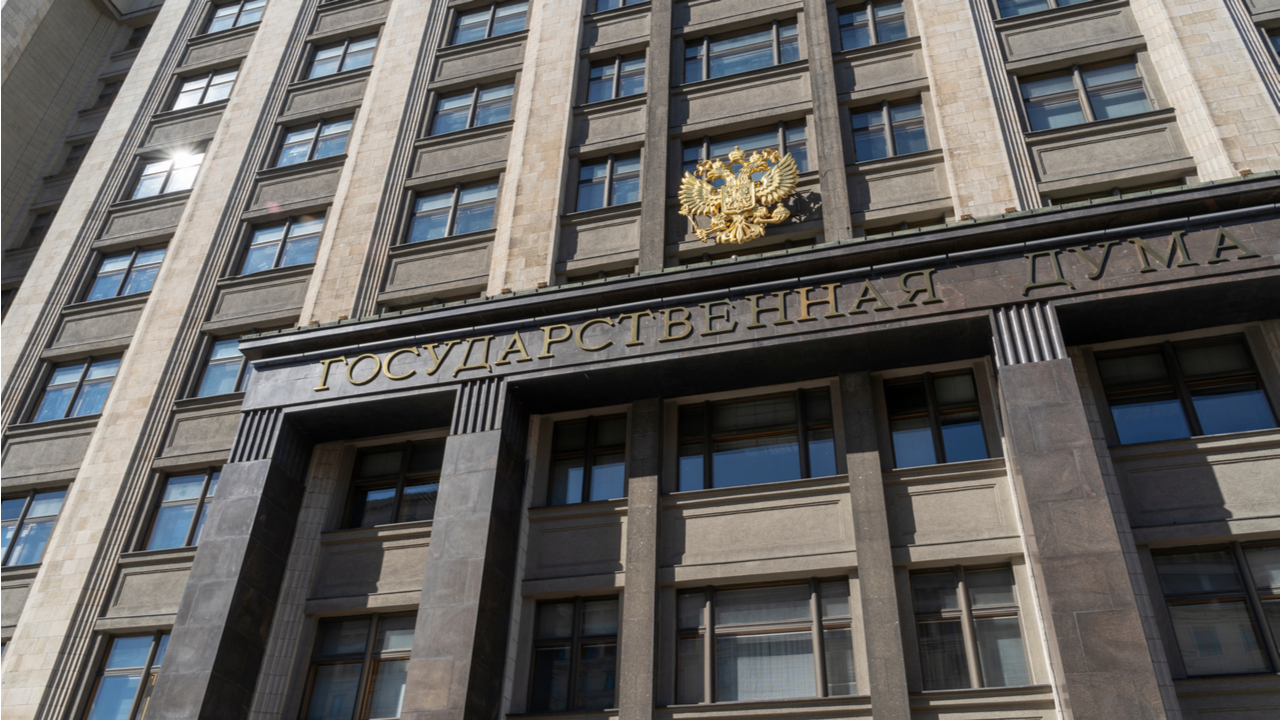
New Mining Bill Permitting Cross-Border Crypto Payments Filed in Russian Parl...
A draft law designed to regulate the mining of digital coins in Russia is also legalizing the use of cryptocurrencies in international settlements. It has been submitted to the Russian parliament after the rejection of an earlier bill which was aiming to allow domestic crypto payments as well. Draft Legislation on Crypto Mining Allows Russian Residents and Businesses to Pay With Crypto Abroad Russian lawmakers will review a new legislative proposal for the legalization of cryptocurrency mining, which has seen significant growth over the past few years. Announcing the filing of the bill on....
Related News
The lower house of Russian parliament, the State Duma, has voted against a piece of legislation designed to regulate cryptocurrency mining. While lawmakers turned down that proposal, which also aimed to legalize crypto payments in the country, another draft law on mining, which permits cross-border transactions with digital assets, is expected in the legislature in the near future. Alternative Proposals to Regulate Crypto Mining Clash in Russian Parliament This week, the State Duma of the Russian Federal Assembly voted to reject a draft law on cryptocurrency mining. The bill “On Mining in....
Russia might become the first country in the world to allow cross-border crypto payments while banning local crypto payments, a fintech expert in the Russian State Duma said. Russian Prime Minister Mikhail Mishustin on Tuesday officially instructed the government to come to a consensus regarding crypto regulation in Russia by Dec. 19, 2022.The prime minister specifically called on the Duma and other state authorities to come up with coordinated policies on regulating the issuance and circulation of digital currencies in Russia. Mishustin also asked regulators to finalize regulations for....
Bitcoin looks suitable for Russia’s crypto cross-border payments at first glance, but there are many reasons why such a choice is highly questionable. Despite Russia pushing the idea of using cryptocurrencies for cross-border payments, it still remains unclear what digital asset exactly the government plans to adopt for such transactions.Russian authorities are quite unlikely to approve the use of cryptocurrencies like Bitcoin (BTC) for cross-border transactions, according to local lawyers and fintech executives.Bank of Russia needs to control cross-border transactionsIt’s “highly....
Deputy Finance Minister Alexei Moiseev said the policy describes "how to acquire cryptocurrency, what can be done with it" and its use in cross-border settlements. The Bank of Russia and the country’s Ministry of Finance have reportedly reached an agreement allowing cross-border settlements in cryptocurrencies.According to a Thursday report from the Russia-based publication Kommersant, Russia’s Deputy Finance Minister Alexei Moiseev said the government department has agreed “on the whole” with the central bank over a rule that would let residents send cross-border payments using....
Legislation making it illegal to pay with cryptocurrencies has been filed with the State Duma, the lower house of Russia’s parliament. The sponsors of the bill want to task crypto platforms to prevent transactions that could facilitate payments with digital assets. Draft Law Banning Use of Cryptocurrency for Payments Submitted to Russian Parliament Russian lawmakers will review a new bill imposing a ban on the use of digital financial assets, a legal term currently encompassing cryptocurrencies, and utilitarian digital rights, or tokens, as a means of payment in Russia. The document....





